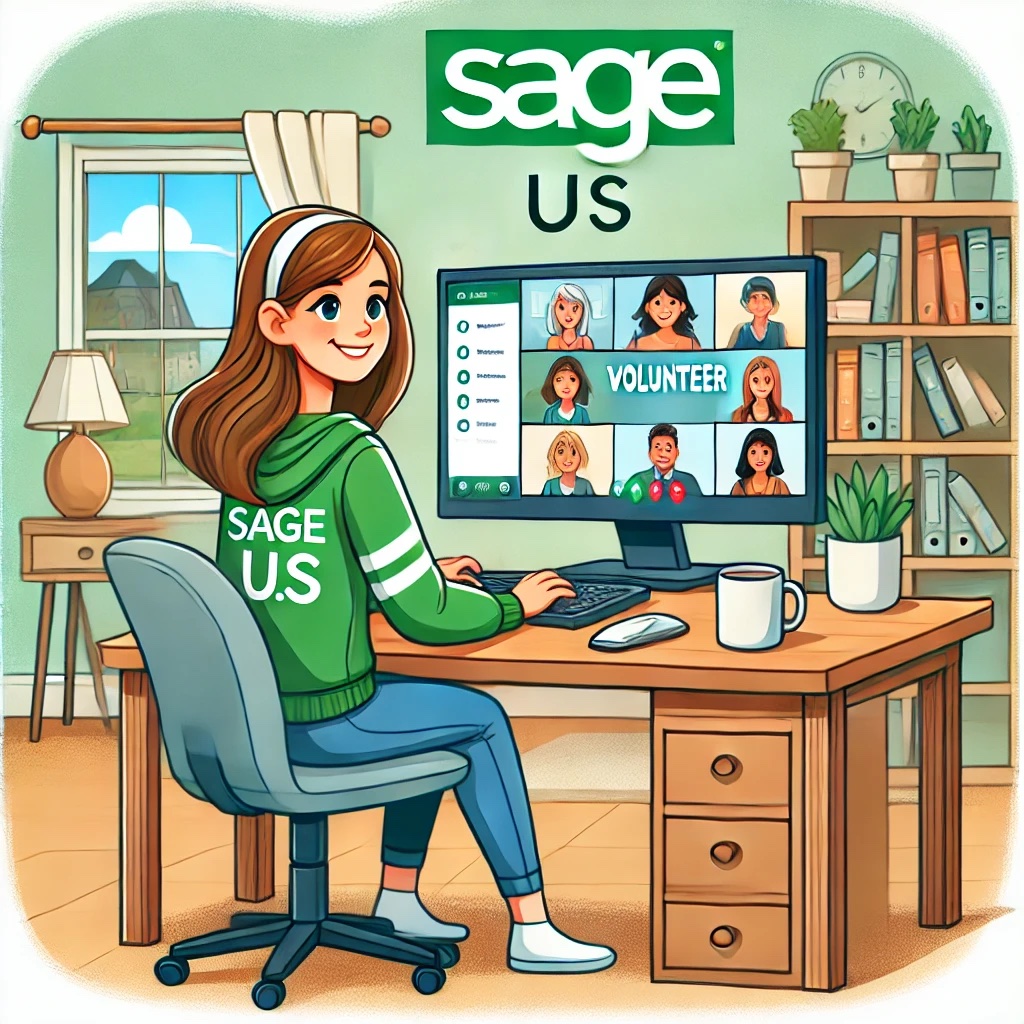
Care For Friends Case STudy
Strategic growth: Enhancing marketing and engagement for Care For Friends
TL;DR
Venture 2 Impact, in partnership with Sage, supported Care for Friends in developing a comprehensive marketing and engagement strategy. Previously lacking a dedicated Marketing and Communications department, Care for Friends relied on their Executive Director to manage these tasks. Volunteers conducted a discovery analysis, developed a content strategy, and presented recommendations to improve their marketing efforts. The project aimed to increase visibility, donor engagement, and volunteer participation. As a result, Care for Friends reported saving significant staff time and costs, with an expected benefit to over 15,000 people within three years.
Partner Context
Venture 2 Impact partnered with Sage– a dedicated community partner with an established foundation, clear & strategic impact focus areas (Fuel for Business, Tech 4 Good, Protect the Planet) and ongoing volunteer programming– to support the Care For Friends Program in developing a marketing and engagement strategy.
ABOUT CARE For Friends
Care for Friends (formerly the 530 Fullerton Foundation) provides easy access to community, food and overall wellness for Chicago’s most vulnerable and under-served people, in an atmosphere of dignity and respect. Through its programs, the Foundation successfully connects people with community resources to enable them to achieve a better quality of life. These include a hot lunch program, foot clinic and health screenings, toiletries and hygiene program, grocery delivery program, as well as a clothing program.
The Foundation upholds a vision of shaping a future where access to food, housing, and healthcare is the reality for all. As a community hub, the Foundation’s mission is to tackle Chicago’s food, housing and healthcare crises through an all-inclusive, no questions asked approach to providing easy access to critical resources. They aim to earn the trust of our guests and break down the barriers preventing them from connecting to the services they need.
You can learn more here
THE CHALLENGE: How might we support Care for Friends in developing a Marketing and Communications plan?
CHALLENGE Context
Prior to the skills-based volunteering project, Care For Friends did not have a dedicated Marketing and Communications department or staff person, nor did they have an established Marketing and Communications plan. This role is largely filled by the Executive Director in addition to the many other tasks that the ED is required to undertake in their day to day. Without the staff capacity to dedicate the adequate time and resources to their online presence, including their website, Care for Friends staff feel that they have not been able to scale their organization to the extent that they would like or meet the standard of organizational professionalism that is expected of a growing organization.
In the past, their website has been used to attract interested individuals, including volunteers, donors and beneficiaries as well as provide them information about their organization. However, the current sign-up process for volunteers is very “clunky” and requires multiple steps to complete. For example:
- 1. First, volunteers are taken to this page: https://www.careforfriends.org/volunteer, where they’re directed to choose to sign up as an individual/group/or corporation.
- 2. Depending on their choice, the user is taken to a page with more targeted information and then required to fill out the boom form, which Care for Friends receives as an email inquiry.
- 3. Care for Friends staff will schedule a phone call if it’s a corporate group to also request a donation. Otherwise, they’ll send them additional steps to register and volunteer:
- a. Follow this link for a calendar of available shifts: https://signup.com/go/fSyCmGt
- b. Review the options listed and choose the spot(s) you like.
- c. Sign up! It’s super easy (you will NOT need to register an account or keep a password on SignUp.com).
- d. Download, sign, and return the necessary documents to me before you arrive to volunteer (liability waivers).
Care for Friends has also made connections and eventually received larger donations from corporate partners after their corporations have engaged in an employee volunteer initiative. Because many of their donations from corporations are given as a result of a corporate volunteer program, Care for Friends relies heavily on the ability to spread awareness of volunteering opportunities in order to receive larger donations which support overall operations of the organization. Furthermore, Care for Friends aims to see an increase in the number of individuals who not only open the emails but also proceed to actively engage and take further actions, such as purchasing tickets.
The Innovation

The volunteers began by conducting a discovery analysis of the organization’s existing marketing and communications strategy, if any, to understand the current framework and identify areas for improvement. Concurrently, they engaged with Care for Friends staff to gain deeper insights into the organization and its target audience.
With this foundational knowledge, the volunteers developed a content strategy aimed at educating new donors about Care for Friends’ mission and impact. This strategy also focused on engaging current donors and volunteers by sharing success stories and updates on the organization’s achievements.
The team then presented their recommendations and a journey map to improve Care for Friends’ marketing and communications strategy. Based on the decisions of Care for Friends staff, the volunteers also supported the implementation of these recommendations, ensuring that the organization could effectively communicate its mission and engage its audience.
Anticipated Outcomes
Immediate outcomes (1-2 weeks post-project)
- Increased understanding of the current organizational gaps and opportunities in the Marketing and Communications strategy
- Increased understanding of gaps and opportunities in the organization’s media outreach (Ex: the Care For friends social media strategy)
- Increased confidence of Care for Friends staff to operate and implement a strategic Marketing and Communications plan
Intermediate outcomes (6 months post-project)
- Increased visibility and awareness of the Care for Friends program for prospective volunteers and donors
- Increase in donor retention
- Increased staff capacity to support program participants
- Increase in volunteer participation
VOLUNTEER FEEDBACK
PARTNER FEEDBACK
Next Steps...
Care For Friends staff reported that they have “already shared (the deliverables) with (their) Programs Manager and Development Committee so that (they) can leverage what was produced”.
By the numbers...
- Care For Friends staff reported that they saved 30 hours of staff time by leveraging Sage volunteers
- Care For Friends staff reported that they saved $4,000 as a result of the Sage volunteer program
- Care For Friends staff reported that they would not have been able to produce equally strong project outputs without the help of the volunteer team
- Care For Friends staff reported that around 4,000 people will directly benefit from the Sage volunteer project within the first 6 months, post-project
- Volunteers were likely to both participate in an additional skills-based volunteering project and recommend skills-based volunteering to a friend
- Within the first three years post Sage volunteer project, Care For Friends staff estimate that 15,000+ people will benefit from the outcomes of the project